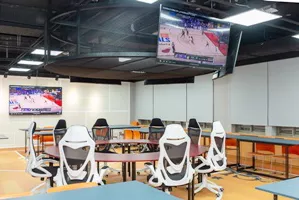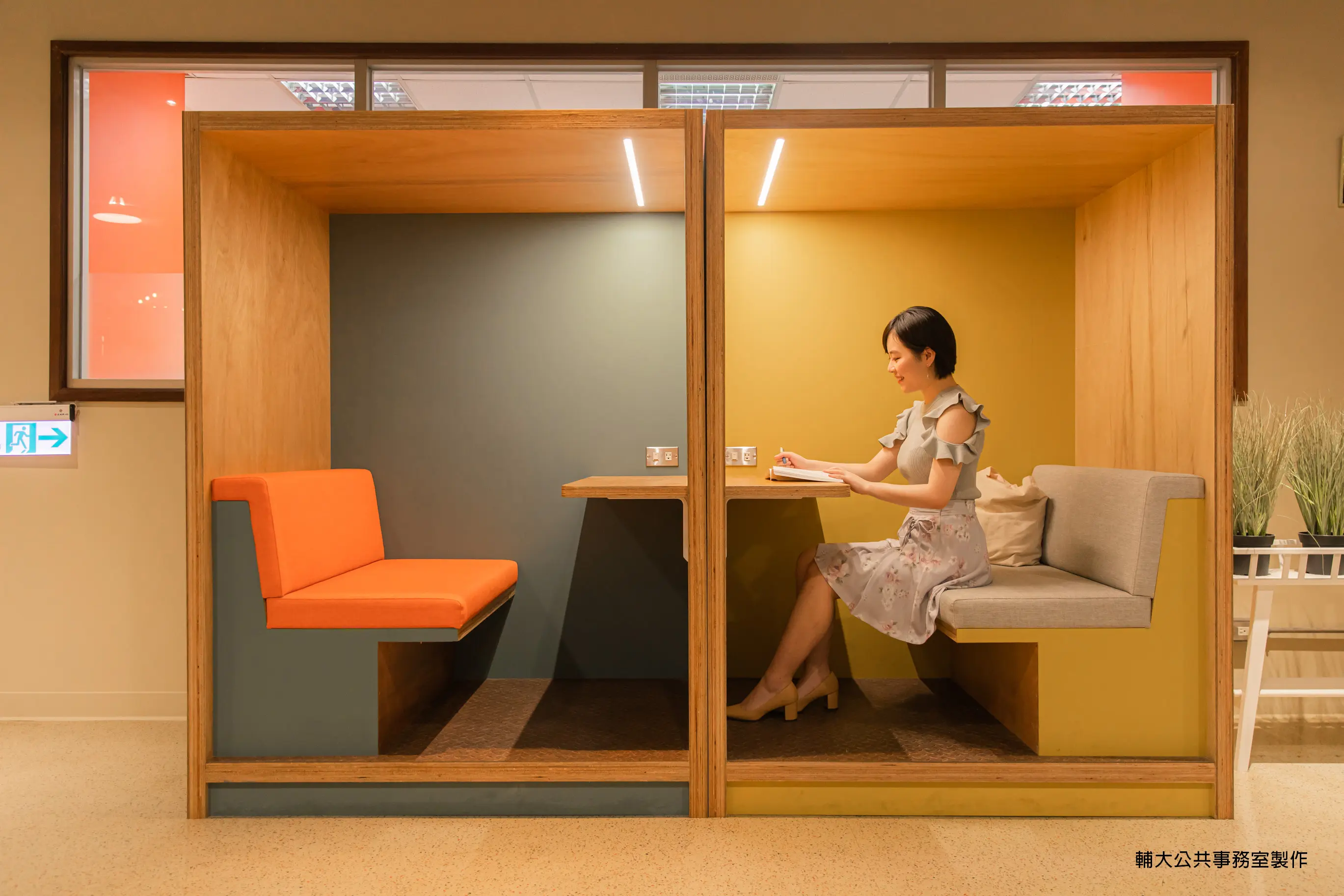

Fu Jen Catholic University is well recognized for its teaching, research, internationalization, and creativity. It is one of the comprehensive universities in Taiwan. A typical undergraduate degree at Fu Jen will take you 4 years to complete. Our bachelor's degrees provide you with an opportunity to explore a wide range of fields before specializing.
The College of Science and Engineering comprises 6 departments (Departments of Mathematics, Physics, Chemistry, Life Science, Electrical Engineering, and Computer Science and Information Engineering), each of which has its own features. Especially, the Department of Electrical Engineering and the Department of Computer Science and Information Engineering have been accredited by the IEET , a member of the Washington Accord, recognized by all the members worldwide. This accreditation is not only proof of the quality of teaching and research but also enhances the competitiveness in the job markets all over the world for students.
Our undergraduate students have many opportunities to apply for exchange programs. With approximately 476 partner universities globally, students can choose an international university where they want to study. More information can be found at the '
International Student Center
'.
The college internationalization also offers our students opportunities to pursue 'Dual Bachelor’s-Master's Degrees'. The agreements of Accelerated Degree Programs with international institutions can be found as follows.
•
Fu Jen Catholic University and Georgetown University
•
Fu Jen Catholic University and Temple University
•
Fu Jen Catholic University and Catholic University of America
Check our bachelor's programs and find one that is most suitable for you:
•
Department of Mathematics
•
Departments of Physics
•
Department of Chemistry
•
Department of Life Science
•
Department of Electrical Engineering
•
Department of Computer Science and Information Engineering
•
Bachelor's Program in Medical Informatics and Innovative Applications
•
Bachelor's Program of Artificial intelligence & Information Security

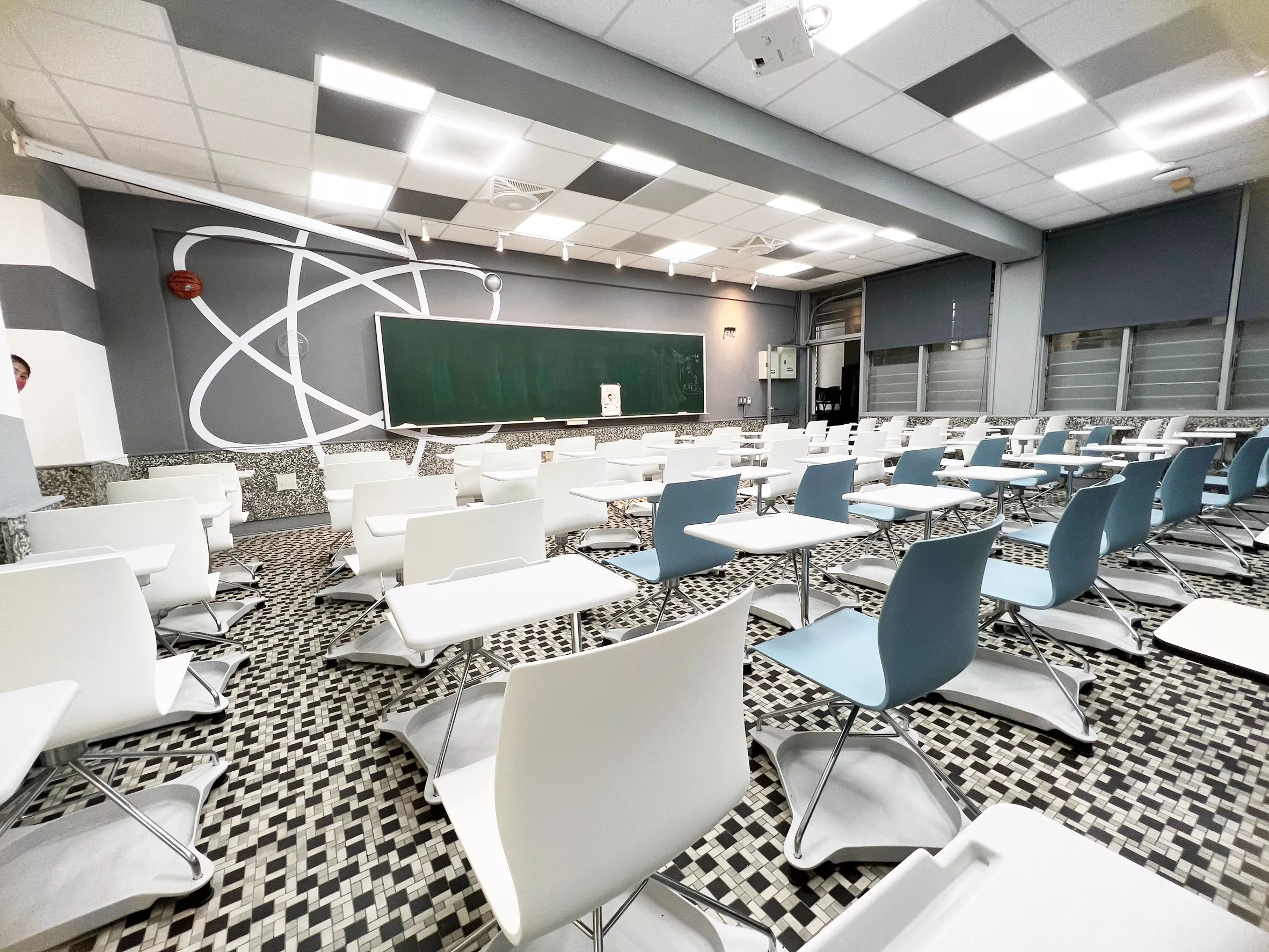
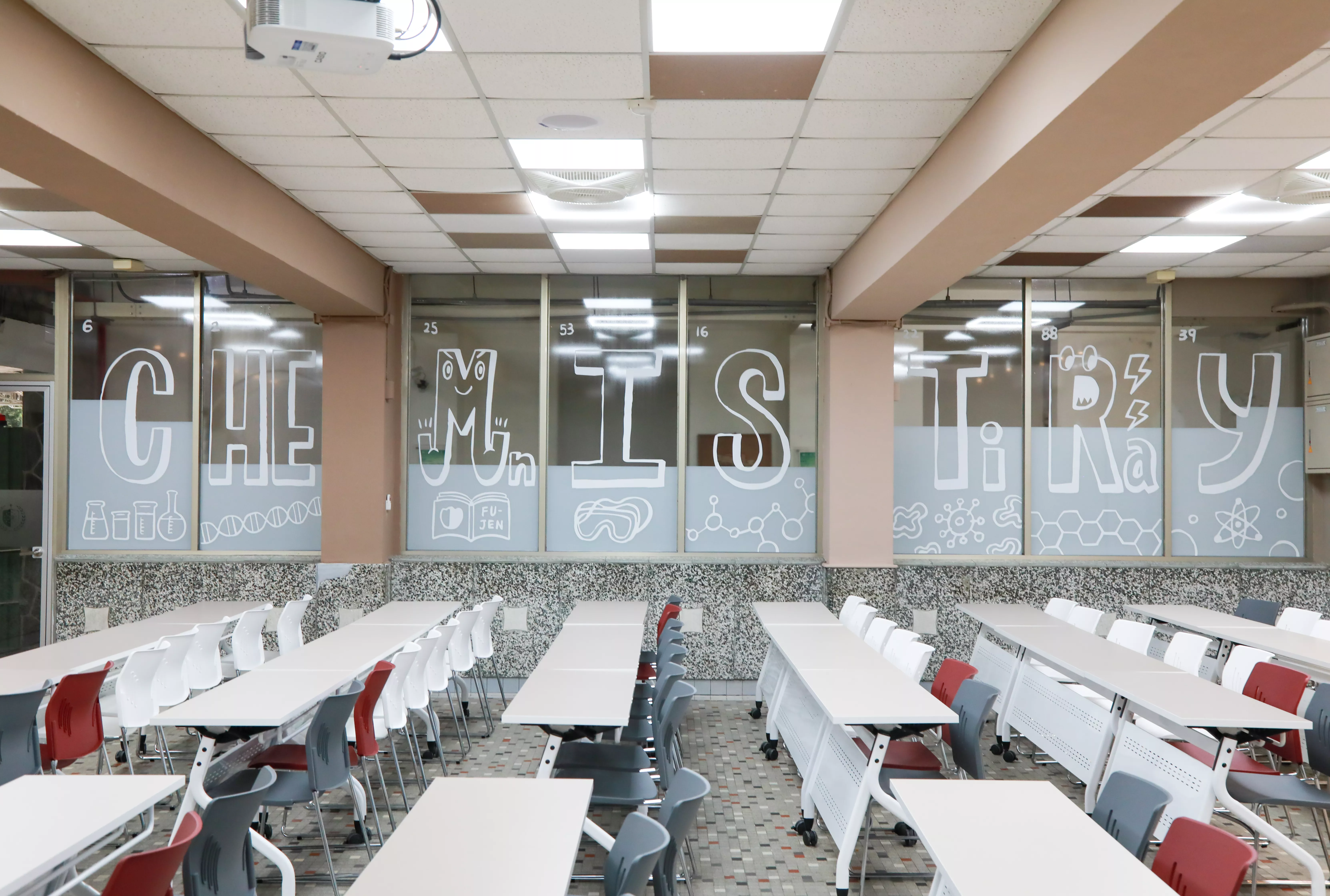
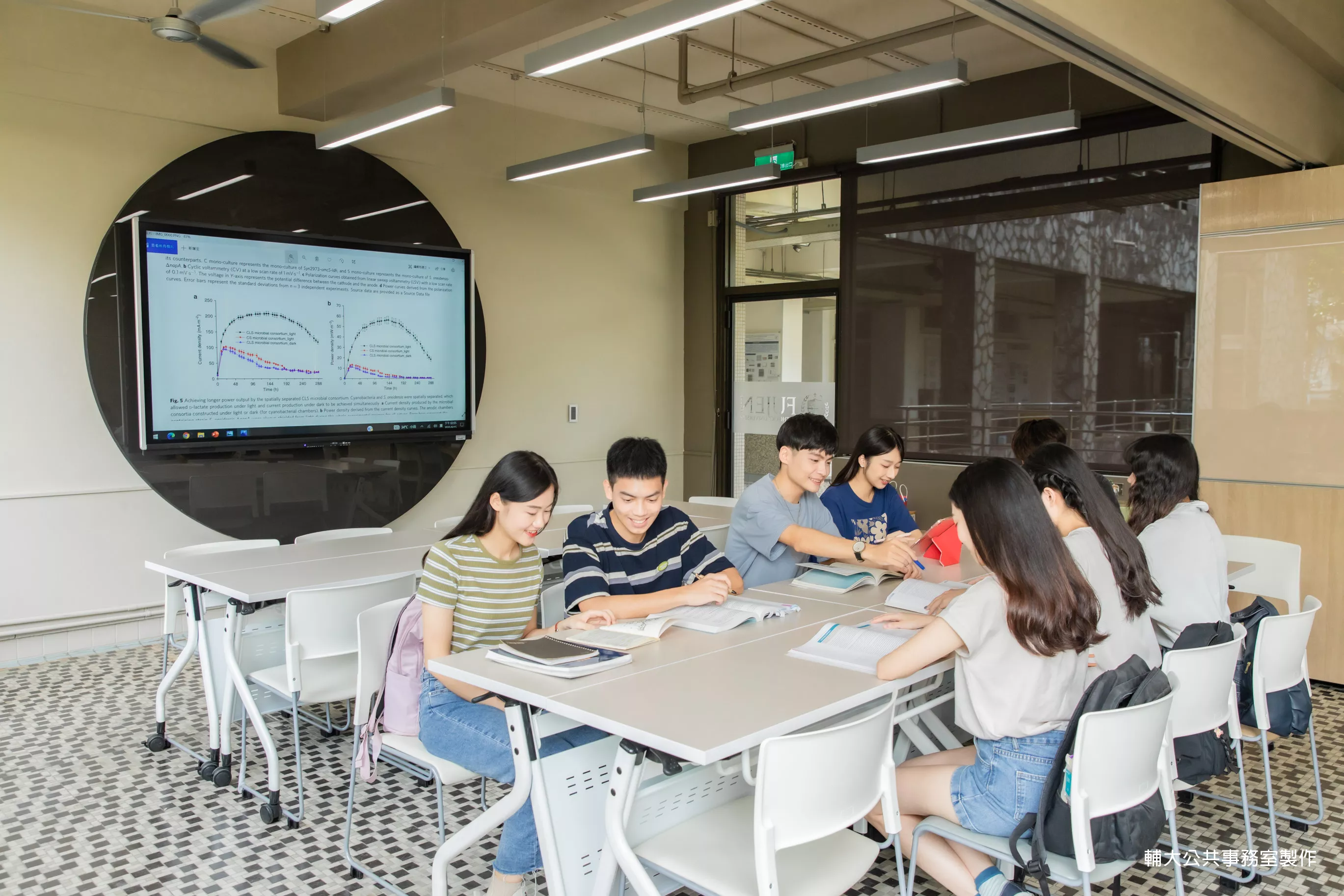
Fr. Hubert retired in the year 1981, when he was succeeded by Liu, Bao-wei, a member of the first graduating class, as the head of the department. In 1988, Mei-gui Yang, from the fourth class, succeeded as the head of the department. In 1994 Professor Jing-xia Chen took over as head, followed in 2000 by Professor Woan-Fang Tzeng, from the tenth class. Professor Wen-Huei Tsui became the next head in 2001, and since 2007 the department has been run by Professor Yung-An Lee, in 2010 Professor Yuh-Chi Kuo took over as head, followed in 2012 by Professor Ruey-Chih Su.
In August 2001 the department was renamed the Life Science Department.
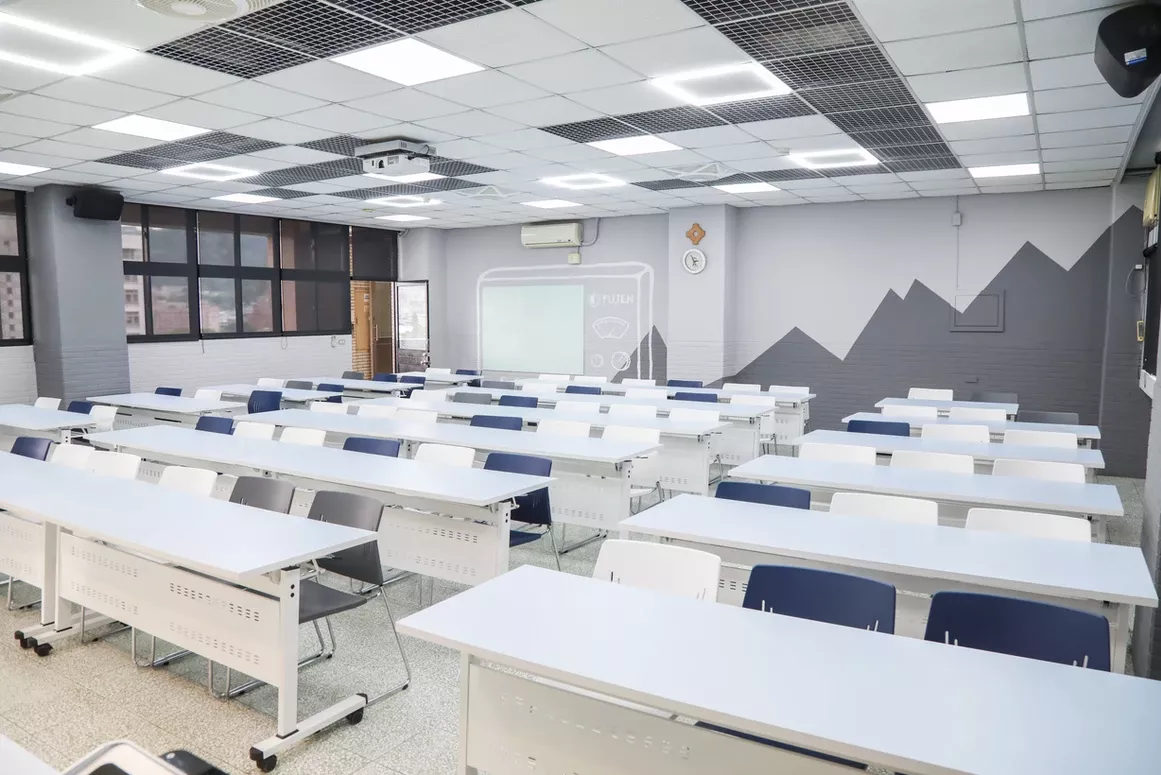
Especially, since 2012 the Department of Electrical Engineering has been accredited by the IEET (Institute of Engineering Education Taiwan), which is a member of Washington Accord, recognized by all the members worldwide. This accreditation is not only a proof of the department's quality of teaching and research, but also enhances the competitiveness in job markets all over the world for students.
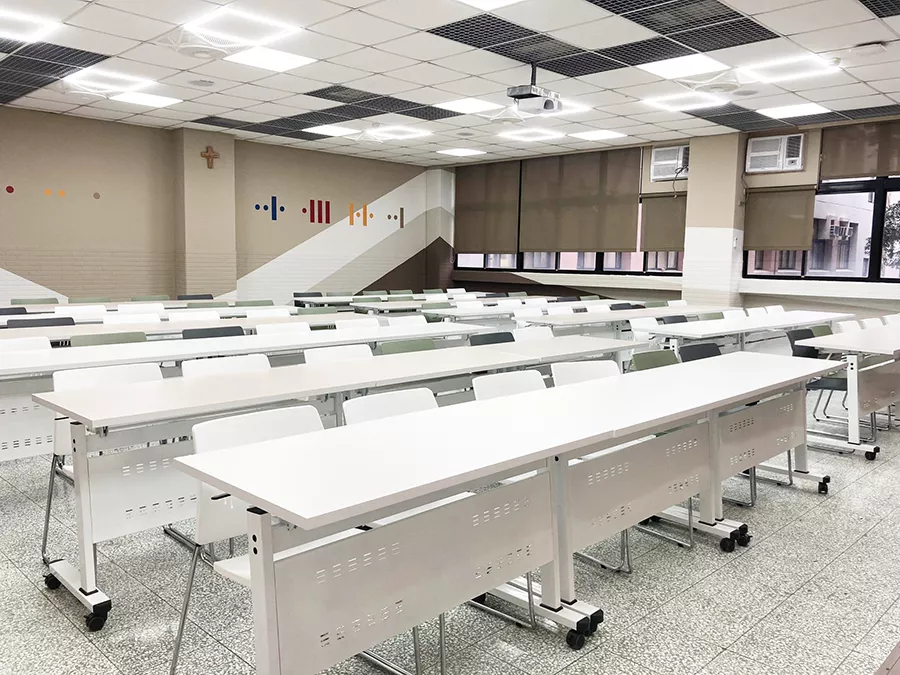
The department mainly trains and forms the students to be talented in professional information, besides, train them in holistic education and other various academic activities, with a strong theoretical, practical and innovative abilities.
